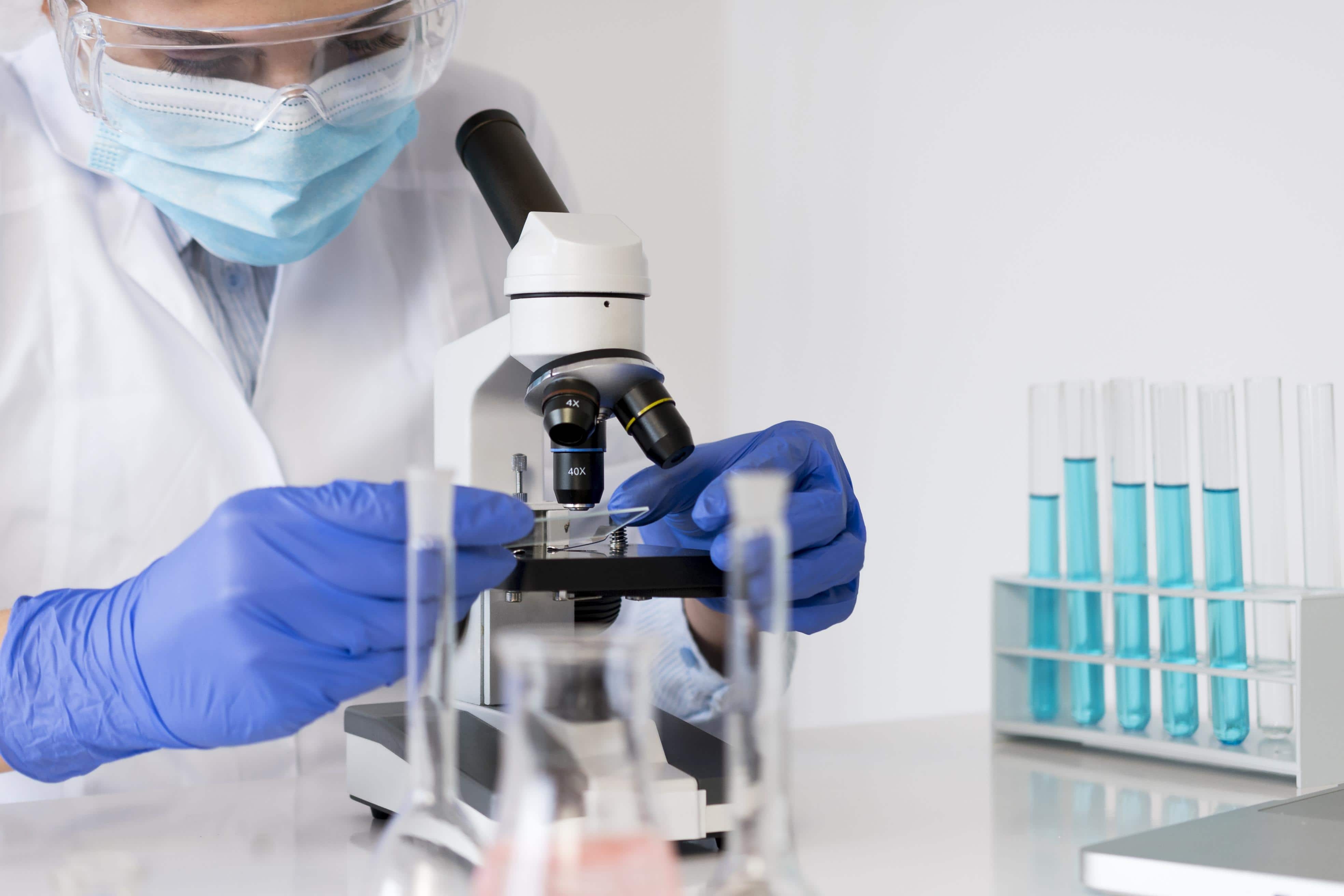Lab Manager’s Guide to Reviewing Test Results for Accuracy & Compliance
Precision Matters: A Lab Manager's Guide to Accurate Test Results
Approving test results is a big deal for lab managers, directly impacting the quality and integrity of lab operations. This guide covers what to review before giving the green light on test results, highlighting the importance of data integrity, lab compliance, and efficient workflows.
By knowing the key points to check, lab managers can keep their labs running smoothly and deliver top-notch results. Skipping any steps can lead to serious consequences like regulatory fines, failed audits, and compromised data integrity, which can hurt the lab’s reputation and effectiveness.
So, here's a handy checklist for lab managers to make sure nothing is overlooked.
Data Accuracy and Integrity
The foundation of reliable test results is accurate and secure data. To do this, lab managers need to be sure that the data collected and reported is free from errors and inconsistencies. This involves:
- Verifying Data Entry: Make sure that all data entries are correct and complete. Manual data entry is prone to errors, so it's crucial to cross-check entries for accuracy. LIMS can automate data entry processes, significantly reducing the risk of human error.
- Audit Trails: Review audit trails to track any changes or modifications made to the data. Audit trails provide a detailed history of data entries, edits, and deletions, ensuring transparency and accountability for lab compliance
. - Electronic Signatures: Utilize electronic signatures for data verification and approval. Electronic signatures help maintain data integrity and lab compliance by ensuring that only authorized personnel can approve data.
Compliance with Regulatory Standards
Compliance with regulatory standards is paramount in ensuring the reliability and legality of test results. Lab managers should review:
- Regulatory Requirements: Make sure all tests comply with relevant regulatory requirements such as FDA 21 CFR Part 11, ISO 17025, GMP, GLP, and other industry-specific standards. LIMS can help maintain laboratory compliance by providing features that align with these regulations.
- Documentation and Records: Verify that all required documentation and records are complete and up-to-date. This includes maintaining accurate records of test methods, validation procedures, and calibration data.
. - Quality Control Measures: Review quality control measures in place to ensure that tests are conducted consistently and accurately. This includes checking that all equipment is properly calibrated and maintained.
Workflow and Process Efficiency
Efficient workflow management is essential for maintaining productivity and ensuring timely delivery of test results. Lab managers should focus on:
- Workflow Automation: Leverage LIMS to automate routine tasks and streamline workflows. This includes automating sample tracking, data entry, and report generation to reduce manual workload and improve efficiency.
- Real-Time Data Access: Make sure that lab personnel have real-time access to data and test results. Real-time data access enables faster decision-making and improves overall lab efficiency.
. - Reporting and Analysis: Utilize LIMS for detailed reporting and analysis. Customizable reports allow lab managers to generate specific reports tailored to their lab's needs, demonstrating performance and productivity to the broader organization.
- Catching Out-of-Spec Samples: Implement systems to quickly identify and address out-of-spec samples. LIMS can automatically flag these samples, allowing for prompt corrective actions to maintain quality standards and lab compliance.
Staff Training and Engagement
A well-trained and engaged staff is crucial for maintaining high standards and ensuring reliable test results. Lab managers should ensure:
- Training Programs: Provide regular training programs to keep staff updated on best practices, new technologies, and regulatory requirements. Well-trained staff are more efficient and less likely to make errors.
- Staff Engagement: Foster a positive work environment to improve staff engagement and retention. Engaged employees are more productive and committed to maintaining high-quality standards.
. - Feedback Mechanisms: Implement feedback mechanisms to allow staff to report issues and suggest improvements. Encouraging open communication helps identify potential problems early and fosters a culture of continuous improvement.
Checklist Complete: Achieve Flawless Lab Results
Approving test results is a critical responsibility that requires meticulous attention to detail, adherence to regulatory standards, and efficient workflow management. By focusing on data accuracy, laboratory compliance, workflow efficiency, and staff engagement, lab managers can maintain high standards and deliver reliable results. Modern LIMS, like LabHQ, offers the tools and features needed to support lab managers in these efforts, providing a comprehensive solution for modern laboratory management.
Neglecting to tick all the checklist boxes can lead to severe consequences, such as regulatory penalties, operational inefficiencies, and loss of trust from clients and stakeholders. Completing all checklist tasks is not just about compliance but also about safeguarding the lab's reputation and achieving long-term success.
Discover how LabHQ can help you manage your lab's workload and improve overall efficiency. Explore our requirements mapper, or our demo, to see how our streamlined LIMS can fit your laboratory’s unique needs.

Want more insights like this?
Subscribe to The LabHQ Monthly for regulatory updates, lab efficiency tips, and product news – delivered straight to your inbox.
Monthly emails. Unsubscribe anytime.



